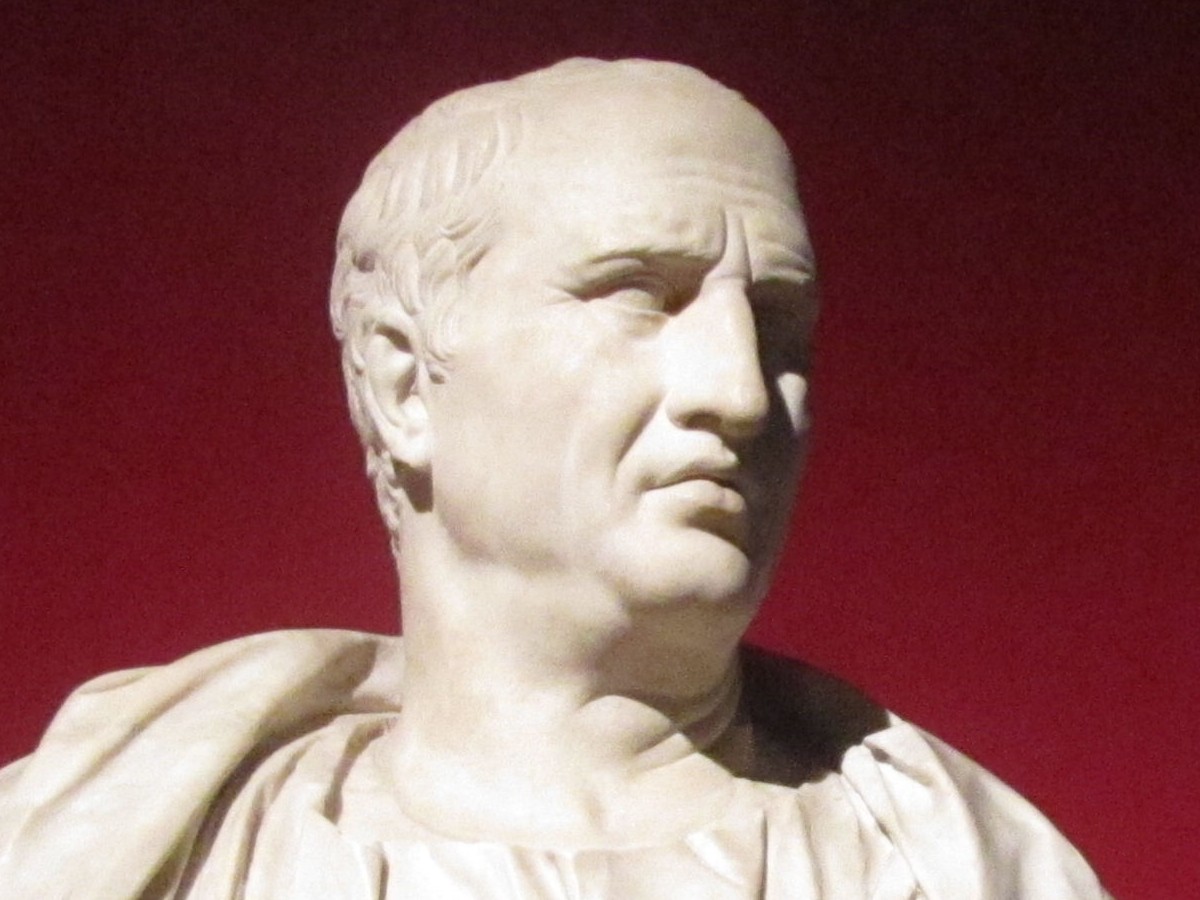

Haec dum nostri colligunt omnia diligentius, rex ipse e manibus effugit. Sic Mithridates fugiens maximam vim auri atque argenti pulcherrimarumque rerum omnium, quas et a maioribus acceperat et ipse bello superiore ex tota Asia direptas in suum regnum congesserat, in Ponto omnem reliquit. Primum ex suo regno sic Mithridates profugit, ut ex eodem Ponto Medea illa quondam profugisse dicitur, quam praedicant in fuga fratris sui membra in eis locis, qua se parens persequeretur, dissipavisse, ut eorum collectio dispersa, maerorque patrius, celeritatem persequendi retardaret. It is one of the main reasons why Lucullus had not been able to finish off Mithridates after defeating him in battle (§ 22): But greed and plunder, as he has already argued in earlier sections of the speech, slow down military progress and incite hostility among the indigenous people. Cicero here concedes that many Roman aristocrats considered the Eastern Mediterranean as one large museum from which they could help themselves to statues, paintings, and other artworks for display back in Rome. Whereas his peers get sidetracked, Pompey’s moderation enables single-minded dedication to the task at hand.

Unlike other generals, Pompey is immune to temptations and desires that routinely slow down members of Rome’s ruling elite when on campaign in the Greek East, with its manifold attractions and opportunities for enrichment and pleasure. § 36: ea magis ex aliorum contentione quam ipsa per sese cognosci atque intellegi possunt).
#Imperator rome cicero pro#
Through the unorthodox validation of other, ethical qualities, and the (frankly astonishing) argument that they are of fundamental importance not just for winning over the hearts and minds of locals but for successful warfare, Cicero’s discussion of virtus in the pro lege Manilia offers at least a partial critique and subversion of this common sense – and a redefinition of virtus in a distinctly Ciceronian key.Īs in the previous paragraph, Cicero makes his case by means of comparison (cf. But those able to read between the lines will realize that his initial endorsement of virtus bellandi as the most important manifestation of aristocratic excellence is little more than a concession to Roman common sense that he himself does not share. Cicero does not spell any of this out explicitly. Now it emerges that temperantia is in fact the enabling condition of celeritas in conficiendo – far from being secondary, it is foundational for Pompey’s success (and hence an essential element of Cicero’s conception of the summus imperator). Consider: in § 29, Cicero identified celeritas in conficiendo as one of the virtutes imperatoriae, which everybody recognizes as such in contrast, temperantia is one of those seemingly ‘secondary’ qualities that Cicero introduces as administrae comitesque to virtus bellandi in § 36. This is an interesting argument, not least since it runs counter to his earlier assertion that the most important manifestation of virtus is martial prowess, whereas the ‘soft’ qualities are mere handmaidens. The very speed of movement Cicero has singled out earlier as a hallmark of Pompey’s approach to warfare is ultimately grounded in his personal qualities. No sight-seeing or souvenirs for the perfect generalĬicero now argues that Pompey’s outstanding character not only ensures compliance with ethical standards in military operations set by the ancestors it also has significant strategic advantages.


 0 kommentar(er)
0 kommentar(er)
